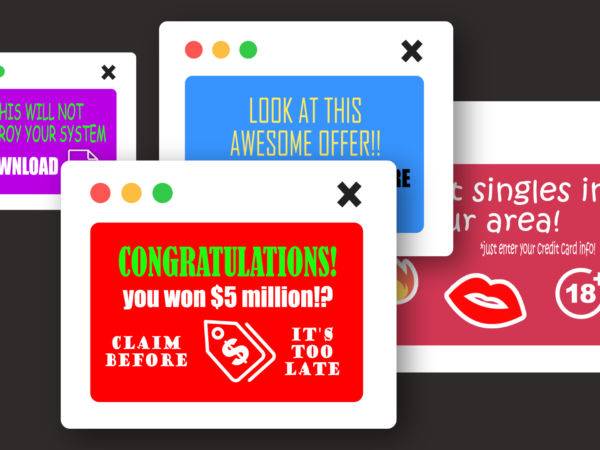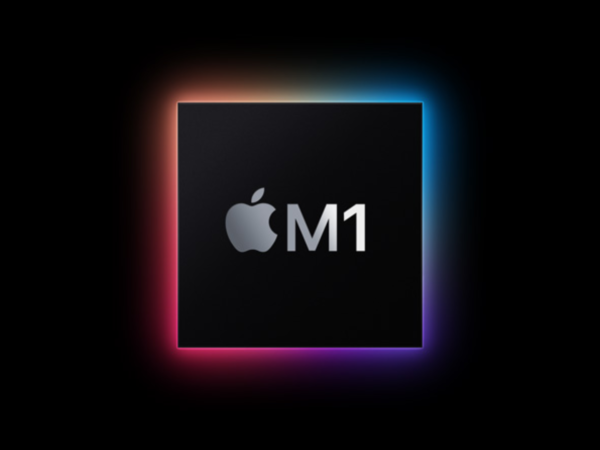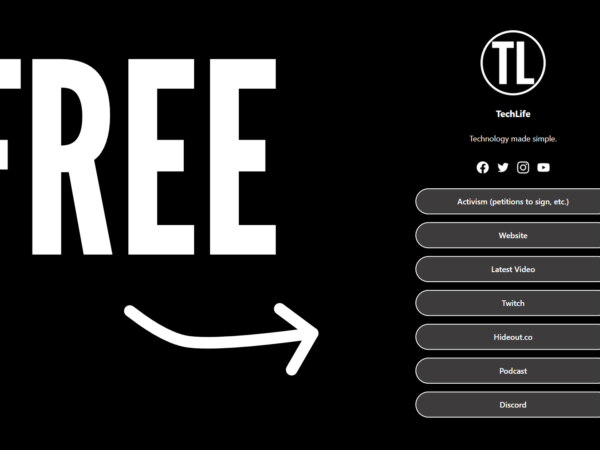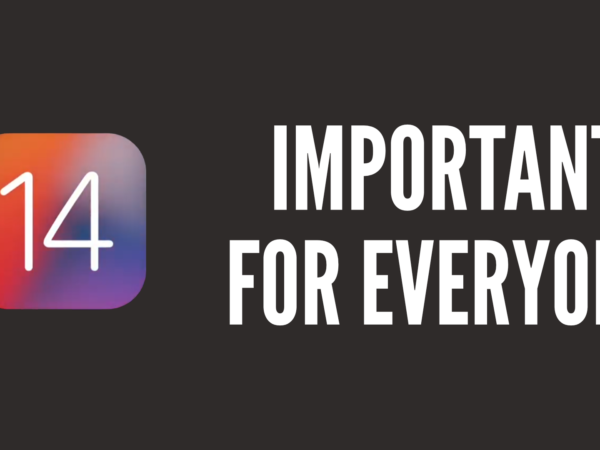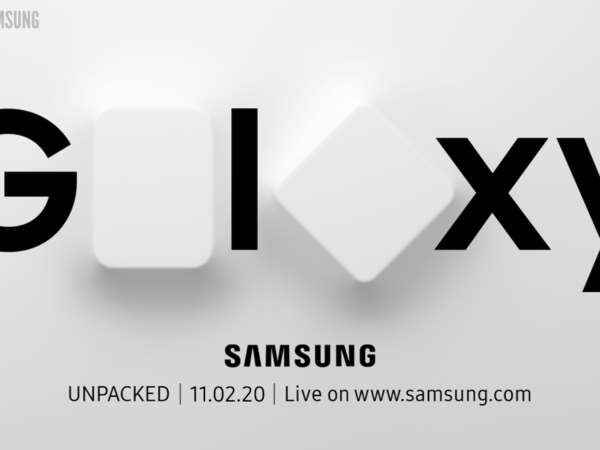Ad-blocking – a vicious cycle
Ads. The word probably draws your mind towards ‘Hot singles in your area’ or ‘Free movies – no viruses’, but for me, it’s a reminder of how great the internet is. With all its faults aside, the internet is all too often unappreciated these days – the wealth of information available anytime, anywhere (provided you have internet access) for free, with a few hidden costs. Chiefly, online advertisements. They come in many forms: from little boxes in the sidebar of a page to obnoxious full-screen pop-ups and yet, they’re still almost universally hated.
So, along came ad blockers. You’ve probably heard of a few, if not using one yourself whilst viewing this article – uBlock Origin or Adblock Plus may ring a bell – but what do I mean by a vicious cycle? Well, they only worsen the problem that they are trying to resolve. Let me explain.
The vast majority of content available on the internet is, luckily, not locked behind a paywall. But we do not live in a dream-world in which everything is free and so, unless owned by a good Samaritan running the website at their own cost, they rely on advertisements to generate income to cover costs such as hosting and employee wages (should it have any). Without the income that they are being deprived of by ad-blockers, the websites are forced to either increase the number of advertisements being displayed to those not using an ad-blocker, increase the intrusiveness of the ads, block ad-blockers entirely, or lock everything, like I said, behind an infuriating paywall.

It is, quite simply, a game of cat and mouse. The more ad-blockers we use, the more intrusive and common ads will be. To save the internet, we must reinvent the advertisement so that it does not track or significantly bother the user, whilst still providing the service being used with sufficient income to stay afloat. The most convincing attempt at which to fix this problem that I have seen is the Brave browser. Whilst it automatically blocks advertisements and trackers, you can opt into Brave Rewards, a program in which you periodically receive sponsored notifications in return for Basic Attention Tokens (or BATs for short). Then, content creators can sign up for the Brave Creator Program and users can contribute the BATs that they have earned either manually or every month to the website. So far, Brave Creators has attracted over 500,000 publications across platforms such as YouTube, Twitch, Twitter, Vimeo, Reddit, GitHub and creators’ websites. Many major organisations have already joined – including The Guardian and The Washington Post. So, it’s pretty cool, but there’s one caveat: the vast majority of internet users simply do not use the Brave browser, with Chrome still holding out at around 64% of the browser market share, and since the Rewards program is not available on other browsers, this seriously impedes its reach.
So, we need a cross-platform solution. Perhaps a browser extension – most browsers already run on the Chromium engine (Microsoft Edge, Opera, even Brave itself…) and this means that deploying an extension shouldn’t be too hard, although it’s most certainly easier said than done.
Some argue that it is not the advertisements themselves they are bothered by, but the intrusive nature of so many of them, and the data that advertising providers collect about their users, and I completely agree. If a website is displaying intrusive ads (in terms of your privacy and user experience), then, by all means, block them – the content creator should try to make the experience as good as they can for their consumers – but most people don’t even think about what effects them using an adblocker has on the creator, and it’s arguably morally wrong to deprive the creators of the money that they are due for the content that you are enjoying.
Anyway, back to Brave: it also tackles the privacy front – they say: “We do not have access to identifiable user data. The anonymized aggregated ad campaign related data we do collect is used for accounting and reporting, but this data cannot be mapped back to devices or user identities of any kind.” Now, this is probably starting to sound a lot like an ad for Brave in itself, which is ironic and, I assure you not true, but as I said, this is the best solution to this conundrum that I have seen as of late. I’m very open to trying other options!
What do you think about ads? Has this changed your perspective? Will you end up trying Brave? Let me know what you think in the comments! Side note, thanks to this video on LBRY for inspiring me to write this article. By the way, this is an update to my previous article that I wrote many years ago, which is pretty funny (as it was written awfully).


